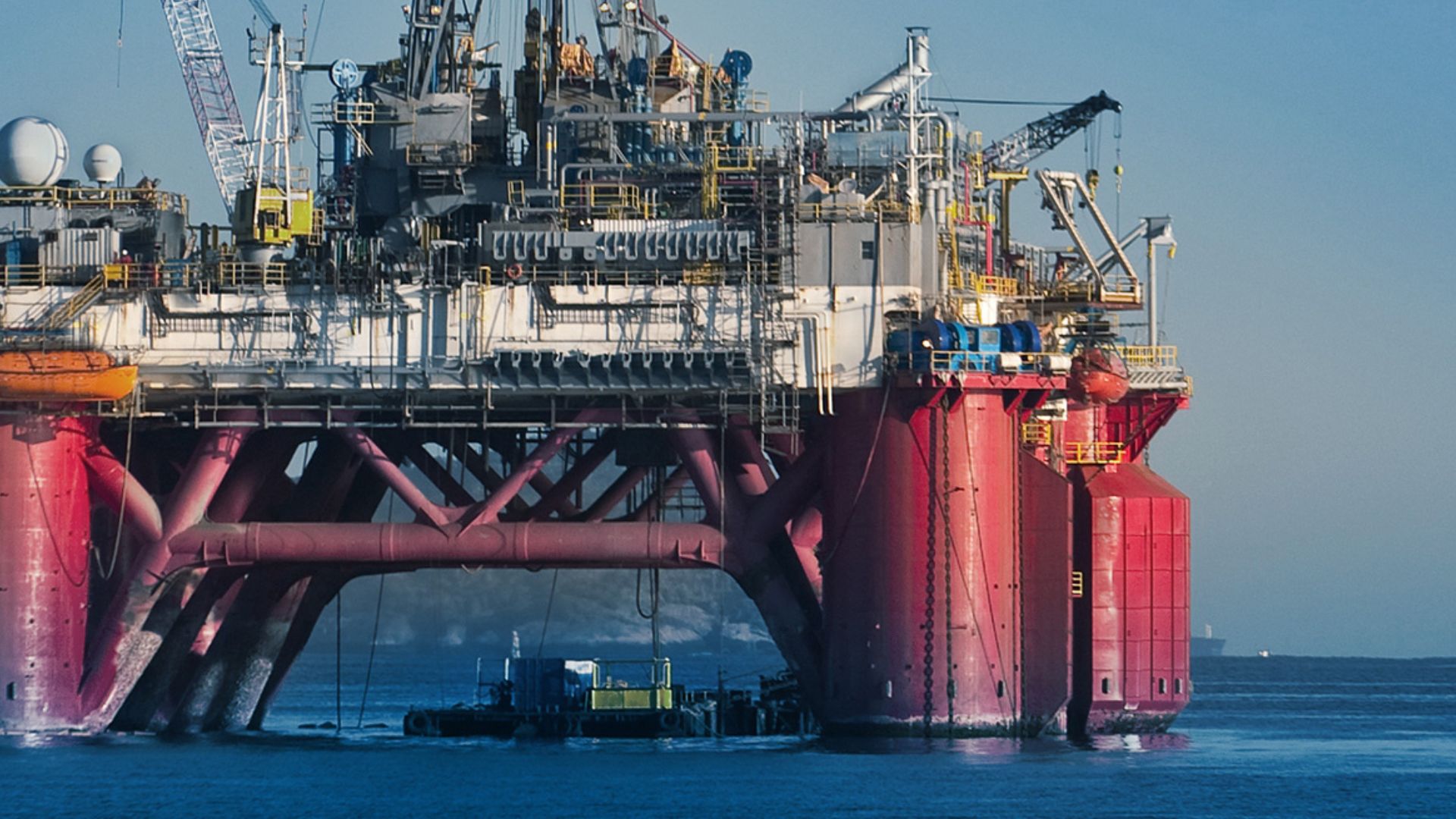Cameroon's Oil and Gas Industry: Navigating Towards a Promising Future of Energy
- Cameroon | 14 August 2023

Cameroon, situated in Central Africa, is on the cusp of an exciting era in its oil and gas industry. With significant reserves, ongoing exploration activities, and favorable investment conditions, the country holds tremendous potential to become a key player in the global energy market. In this article, we delve into the future of Cameroon’s oil and gas industry, examining its reserves, exploration efforts, regulatory framework, and the role it can play in shaping the country’s energy landscape.
Cameroon’s sedimentary basins, including the Douala Basin, Rio del Rey Basin, and the offshore Kribi-Campo Basin, hold substantial oil and gas reserves. Existing fields such as the Chad Basin, Logone-Birni Basin, and the offshore Atlantic Basin have witnessed successful production, indicating the untapped potential for further discoveries. Ongoing exploration activities, advancements in technology, and the application of seismic imaging techniques provide optimism for uncovering new hydrocarbon resources in untapped areas.
Cameroon recognizes the importance of diversifying its energy portfolio to meet growing domestic demand and reduce reliance on traditional fuel sources. The development of its oil and gas sector presents an opportunity to complement other energy sources such as hydroelectric power and renewable energy. By harnessing its hydrocarbon resources, the country can enhance energy security, support industrial growth, and meet the increasing energy needs of its population.
Cameroon has implemented reforms to create an attractive investment climate and ensure transparency in the oil and gas sector. The establishment of institutions such as the National Hydrocarbons Corporation (SNH) and the Petroleum Code provides a robust regulatory framework. The government’s commitment to promoting competitive bidding processes, fiscal stability, and environmental protection enhances investor confidence and encourages both domestic and foreign participation in the industry.
To support the growth of its oil and gas industry, Cameroon is investing in infrastructure development. The expansion of pipelines, such as the Chad-Cameroon Pipeline, and the construction of liquefied natural gas (LNG) terminals in Kribi facilitate the transportation and export of hydrocarbons. These infrastructure projects enhance the country’s connectivity, reduce logistical challenges, and provide access to international markets, positioning Cameroon as a regional energy hub.
Cameroon is cognizant of the importance of sustainable development in the oil and gas sector. The government, in collaboration with industry stakeholders, is focused on minimizing the environmental impact of operations, reducing carbon emissions, and promoting local content participation. Efforts to incorporate renewable energy technologies, promote energy efficiency, and implement environmental regulations demonstrate Cameroon’s commitment to balancing economic development with environmental responsibility.
Cameroon’s strategic location makes it a vital player in regional energy cooperation. The country is an active participant in initiatives such as the Central African Economic and Monetary Community (CEMAC) and the Gas Exporting Countries Forum (GECF). By fostering regional partnerships, Cameroon can leverage its oil and gas resources to enhance energy interconnectivity, promote trade, and contribute to the socio-economic development of neighboring countries.
The development of the oil and gas industry in Cameroon has the potential to create employment opportunities, enhance skills development, and drive economic growth. The sector requires a diverse range of professionals, including engineers, geologists, technicians, and support staff. The multiplier effect of oil and gas activities extends beyond the sector itself, stimulating ancillary industries and contributing to the overall socio-economic development of the country.
Cameroon’s oil and gas industry holds immense potential as the country looks to harness its hydrocarbon resources for economic growth, energy security, and regional cooperation. With abundant reserves, ongoing exploration efforts, favorable regulatory frameworks, and infrastructure investments, Cameroon is well-positioned to attract domestic and foreign investment in the sector. By embracing sustainable practices, fostering regional energy cooperation, and creating a conducive investment climate, Cameroon can navigate towards a promising future in its oil and gas industry, unlocking significant socio-economic benefits for its people.








